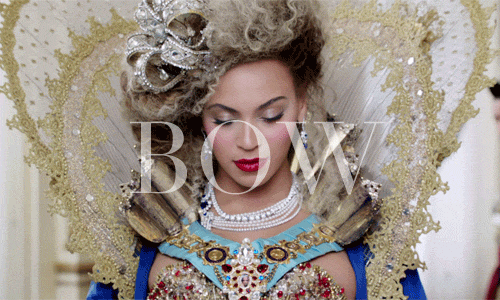A government and it’s citizens are bound by a social contract. However, people had conflicting views on what this social contract entailed. Hobbes believed that the government should be a monarchy and that the people must give up some of their rights to the monarch.


 |
Charles and James ruled with a cabal, or a cabinet, whose leader is now considered the prime minister.
After the Glorious Revolution, William and Mary from Scotland were placed on the throne. It was the only successful invasion of England since William the Conqueror. If the Protestant Reformation had not been a failure, then the Glorious Revolution would not have happened. Everyone would have been protestant and there would not be Catholic conflict within the country, which is why people feared James II’s Catholic dynasty.
 |
What was more revolutionary: the English Civil War or Glorious Revolution?
The Glorious Revolution was more revolutionary because the English Civil War changed England only temporarily when Oliver Cromwell was placed in power. On the other hand, the Glorious Revolution changed the way England was structured through the creation of the Bill of Rights. The Bill of Rights enumerated the role of Parliament and the power it had, the power the monarch, and the rights of the people. This social contract made England a constitutionalist state, making England what it is today.
No comments:
Post a Comment